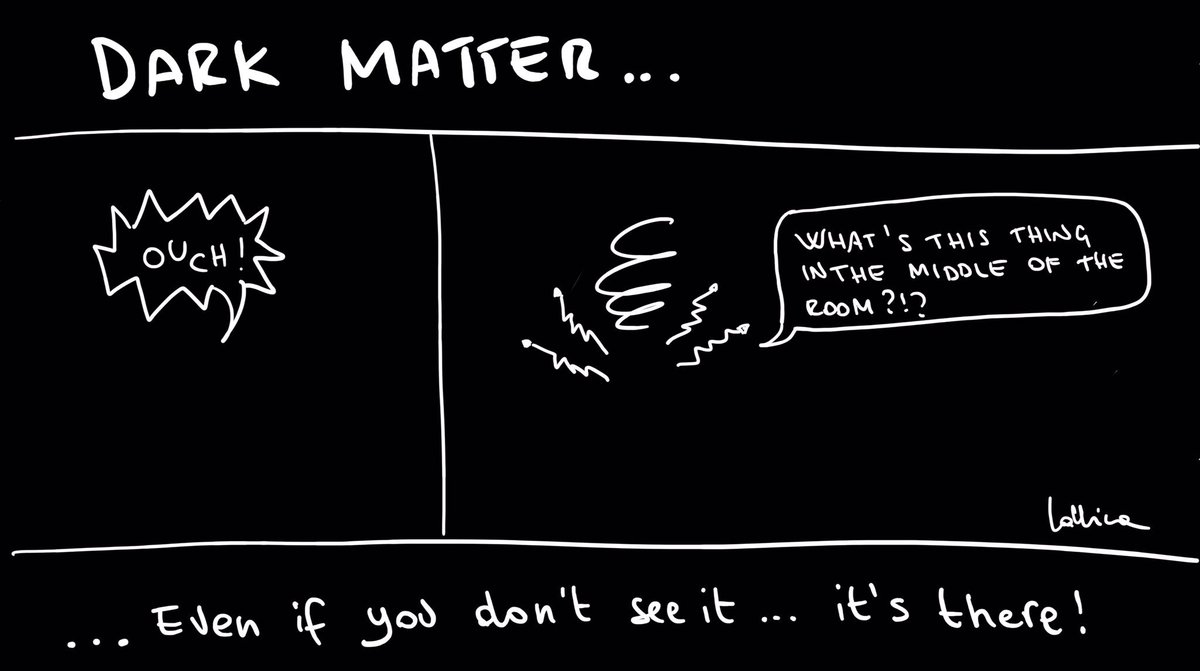But in our own human body, there is "dark matter" (poorly understood) in the nucleus of just about every cell!
Which roughly corresponds to 8% of the genome
By the way, this dark matter is not something unique to human beings but large proportion of living things (all Eukaryotes to be precise - which have a membrane bound nucleus)
Reading the "Genome" has been one of the great breakthroughs of science, accomplished in the early 2000s
But it looks like we can only read part of the genome
92% of our genome to be precise
And it's interesting that while the "comprehensible" DNA (Euchromatin) is closer to the center of the nucleus, heterochromatin is at the nucleus's periphery, as discussed at this link
cell.com/cell/fulltext/…
In part because it is "tightly packed", and is highly condensed
So 92% of our genes are "unpacked" to some extent enabling reading. The remaining is all coiled up
Why would nature choose to make a small portion of our genome relatively unfathomable compared to the rest?
What is the relative significance of that 8% relative to the remaining 92%, as we attempt to fathom the human condition?
Circa 1500, we knew all that needed to be known about the old world - (Europe + Asia + North Africa)
But the new world remained unknown / faintly known to us (Americas, Australasia, Sub-Saharan Africa)
Just as the dark continents on earth ceased to elude us





